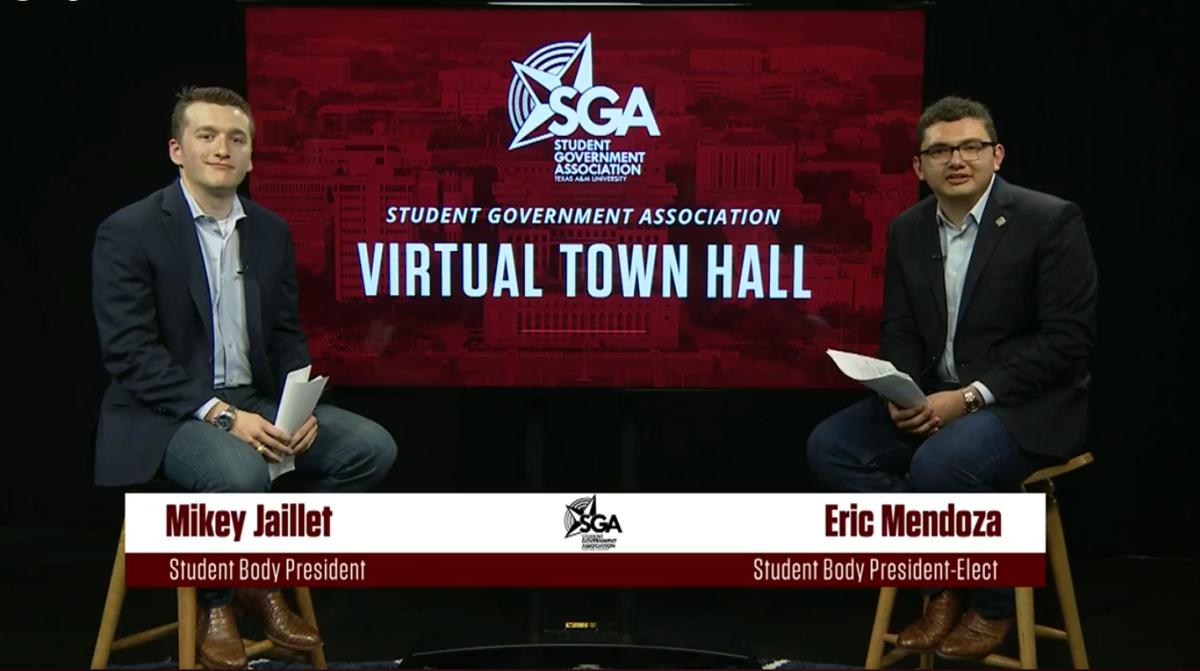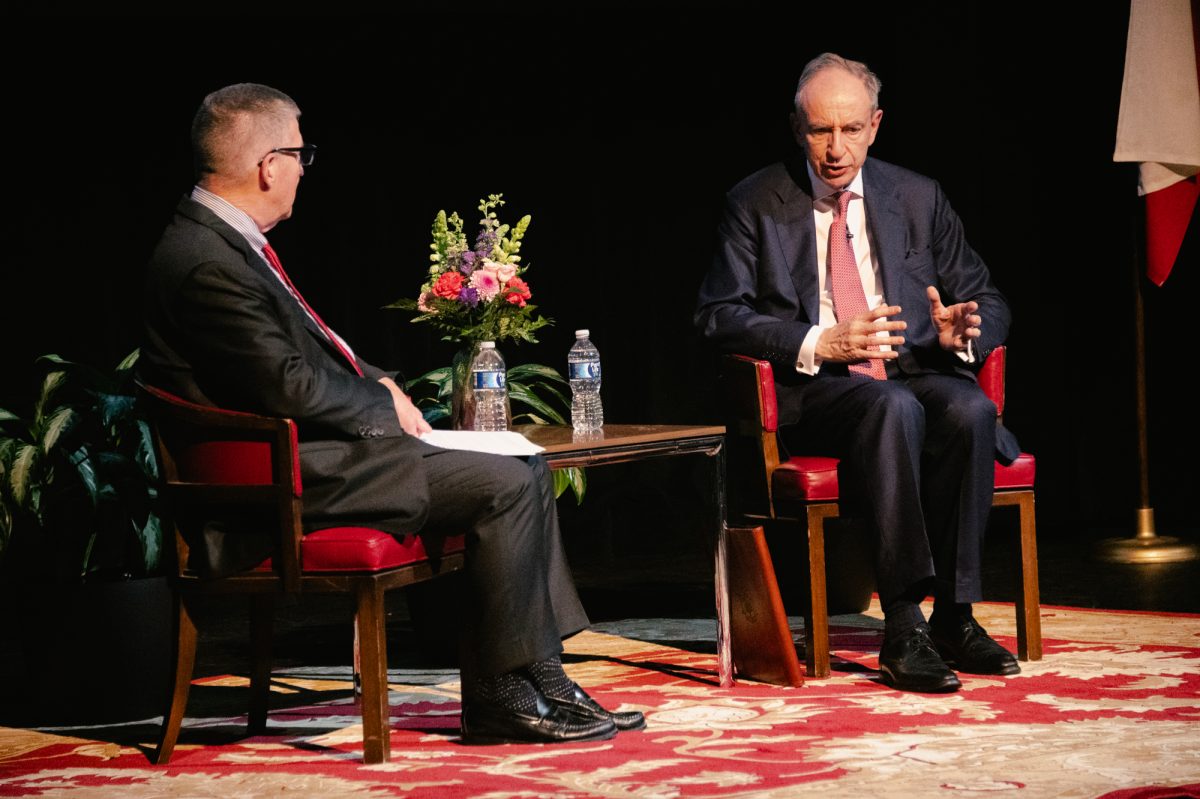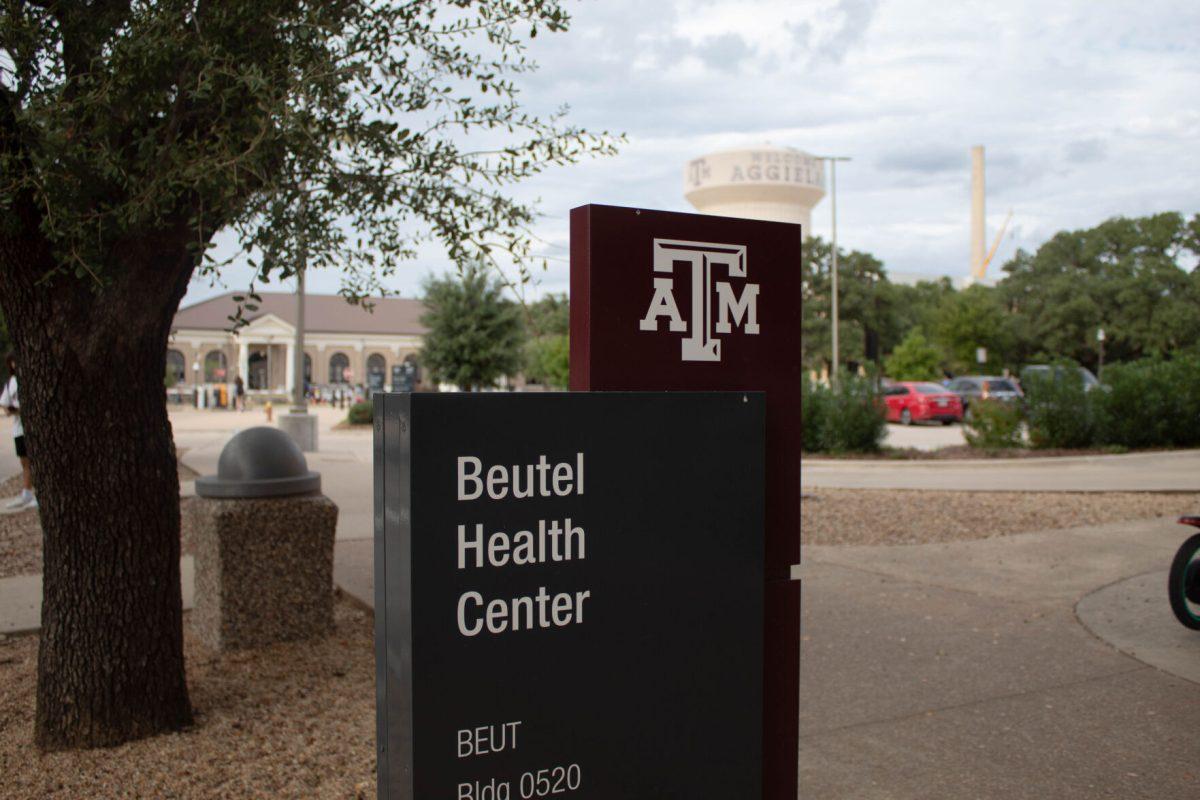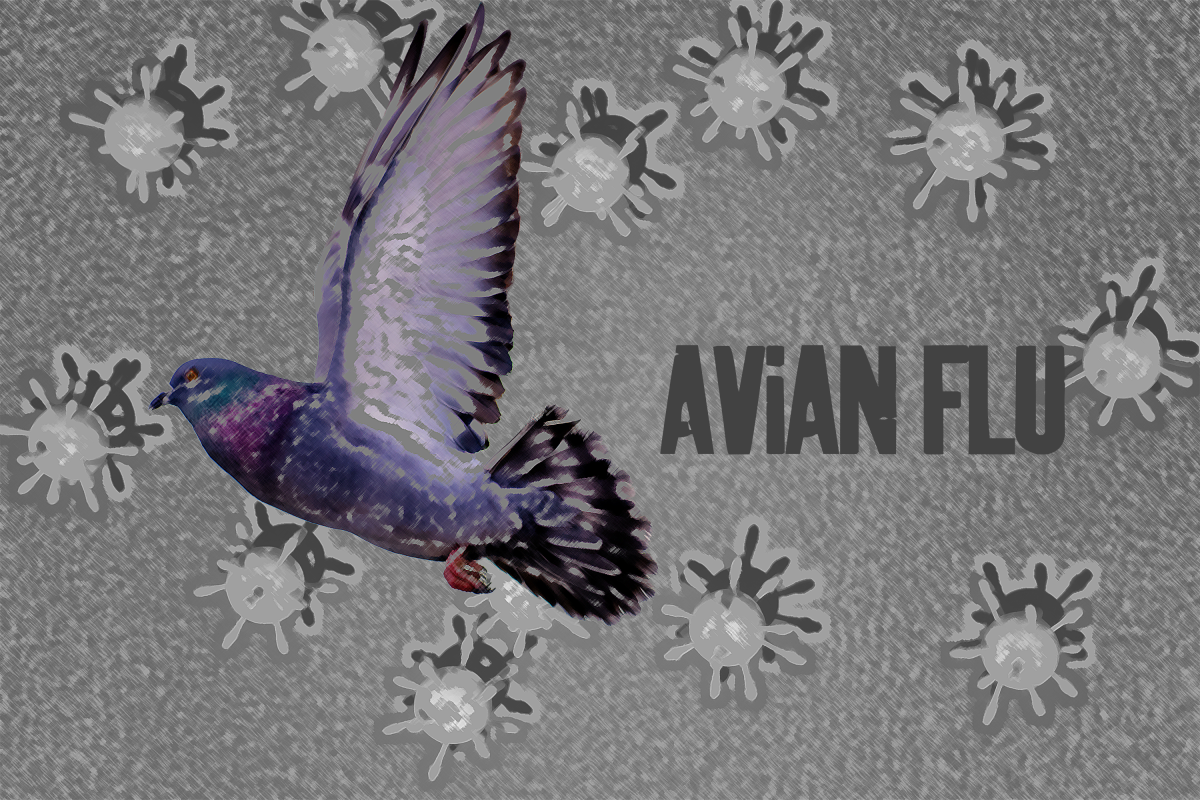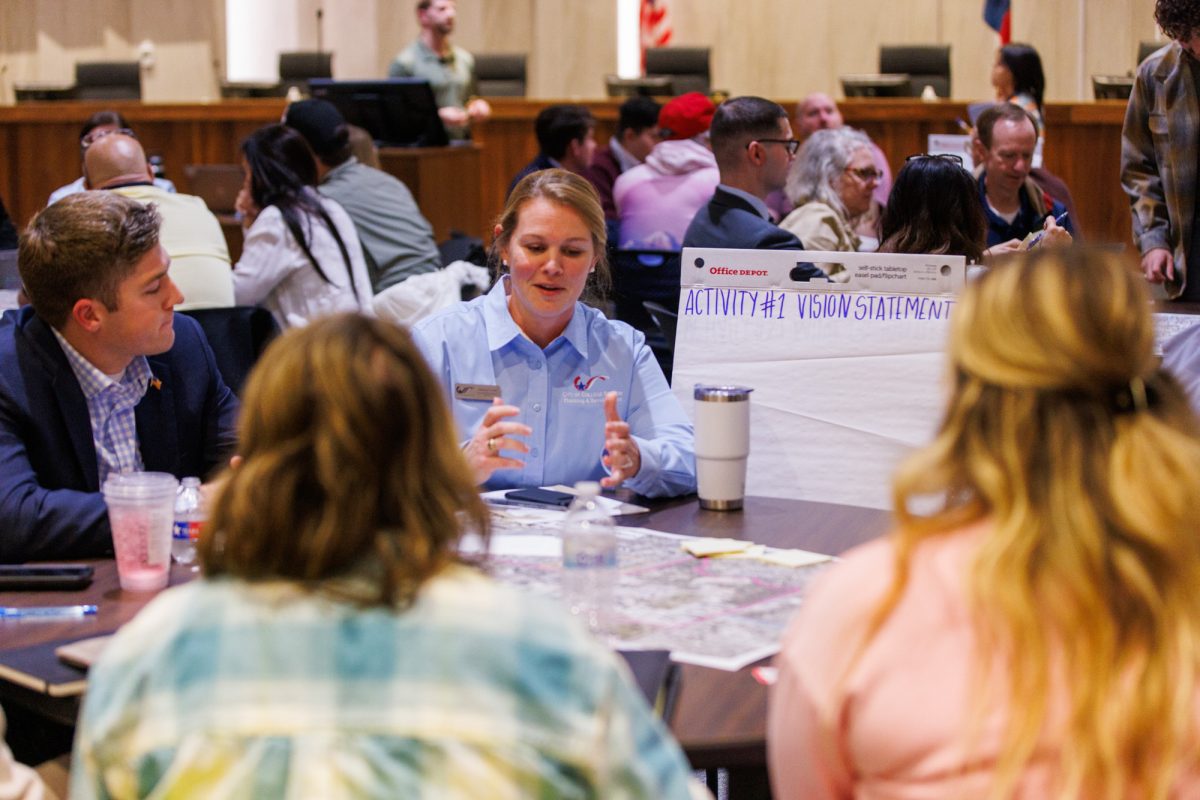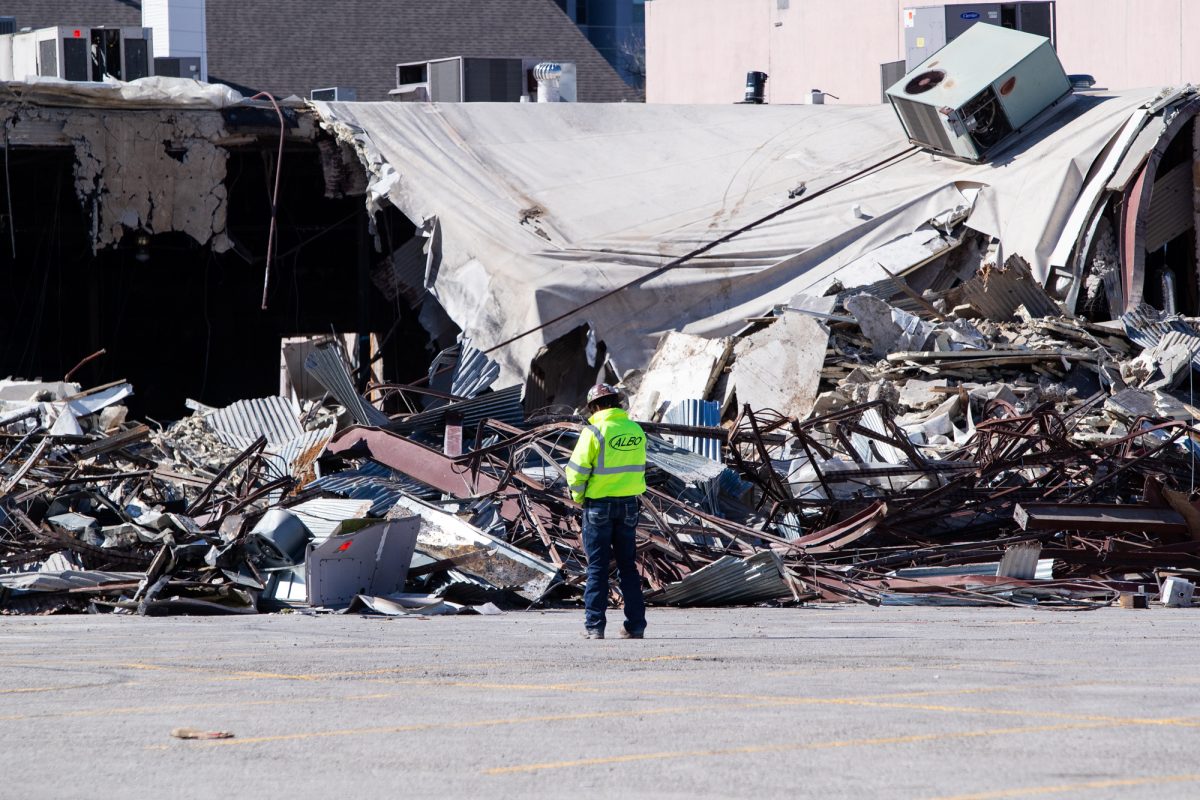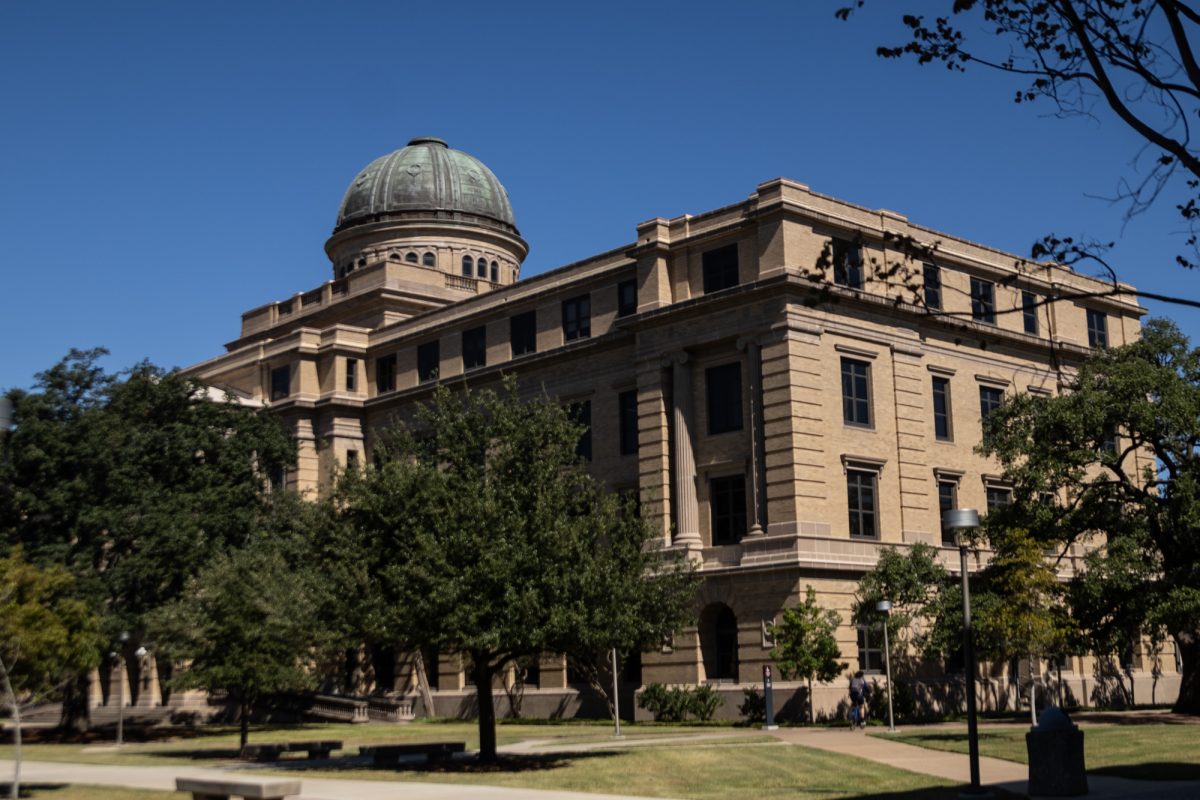Texas A&M Student Government Association hosted an online town hall on Facebook live hosted by Student Body President Mikey Jaillet and incoming SBP Eric Mendoza.
The Facebook live broadcast, which started March 24 at 3 p.m. and lasted nearly an hour, was organized to address comments and concerns brought forward by students and their parents. President Michael K. Young and many other campus leaders were present to answer student questions. Anne Reber, Ph.D. and dean of Student Life, added that all of the information shared in the live stream and released by the university recently also applies to graduate students.
The beginning of the live stream was spent reiterating the changes in policy that have been made recently, such as the satisfactory/unsatisfactory grade change, prorated refunds and shelter-in-place orders from the Bryan and College Station mayors. Reber asks students to abide by the local and state guidelines of shelter-in-place and stay at home so the university doesn’t have to implement any code violations to enforce these policies.
Daniel J. Pugh Sr., Ph.D. and vice president for Student Affairs, emphasized that everything from tutoring to Rec classes to health services are now available online through A&M. However, if in-person health services are necessary, Dr. Martha Dannenbaum, director of Student Health Services, explained the changes and precautions they’re taking at Beutel.
“We are open, we are continuing to see students, but we have different processes in place now,” Dannenbaum said. “We’ve established a separate respiratory clinic that deal specifically with our patients reporting respiratory symptoms of concern. Backing up a little further from that, we actually have telenurse appointments. Students can go online and book an appointment with our triage of nurses, and the nurse will determine if this is a respiratory problem that needs to be seen.”
Dannenbaum also reiterated the importance of staying at home and social distancing during this time.
“What we know about this virus and most respiratory viruses is that close contact is how those are transmitted,” Dannenbaum said. “This one seems to be mostly transmitted by what we call respiratory droplets. So, if somebody coughs near you or sneezes and you’re in that space and breath that then it goes into your system.”
Young said they considered many things when making the decision to move classes online, including how the network would handle it, but mostly the impact it would have on public health.
“So, the notion about social distancing and reducing gatherings was very early on a critical aspect of the attempt to flatten the curve of the transmission process, and to keep our students as safe as we could, as well as those they interact with,” Young said.
Young said while he and other university leaders would love to go back to normal classes as soon as possible, they are currently unable to decide when that will be.
“We are actually making decisions on a somewhat rolling basis, because, as Dr. Strawser said, this is a rapidly moving and transforming landscape,” Young said. “So, we haven’t made decisions about [summer classes] yet.”
Carol A. Fierke, provost and executive vice president, said university leadership is advising department heads to work around requirements, such as study abroad and internships, that students may no longer be able to meet. If a student has trouble getting around these requirements for timely graduation, they may contact Academic Affairs for help.
“We are certainly asking every program to be as flexible as possible with the requirements if there are things that through no fault of the student they cannot get done, to be as flexible as possible to finding some alternative ways that they can get that requirement taken care of,” Fierke said.
Reber added that the answers to all the questions asked during the town hall can be found online. The university frequently updates their COVID-19 website, and information about residence halls, dining and the Rec Center can be found on their respective websites.




